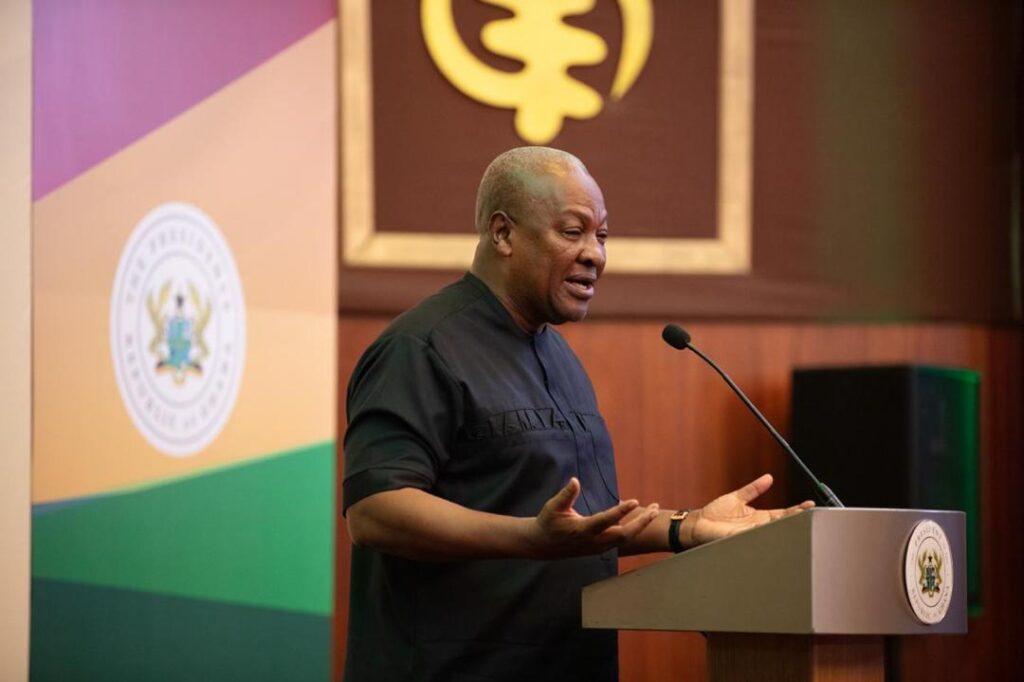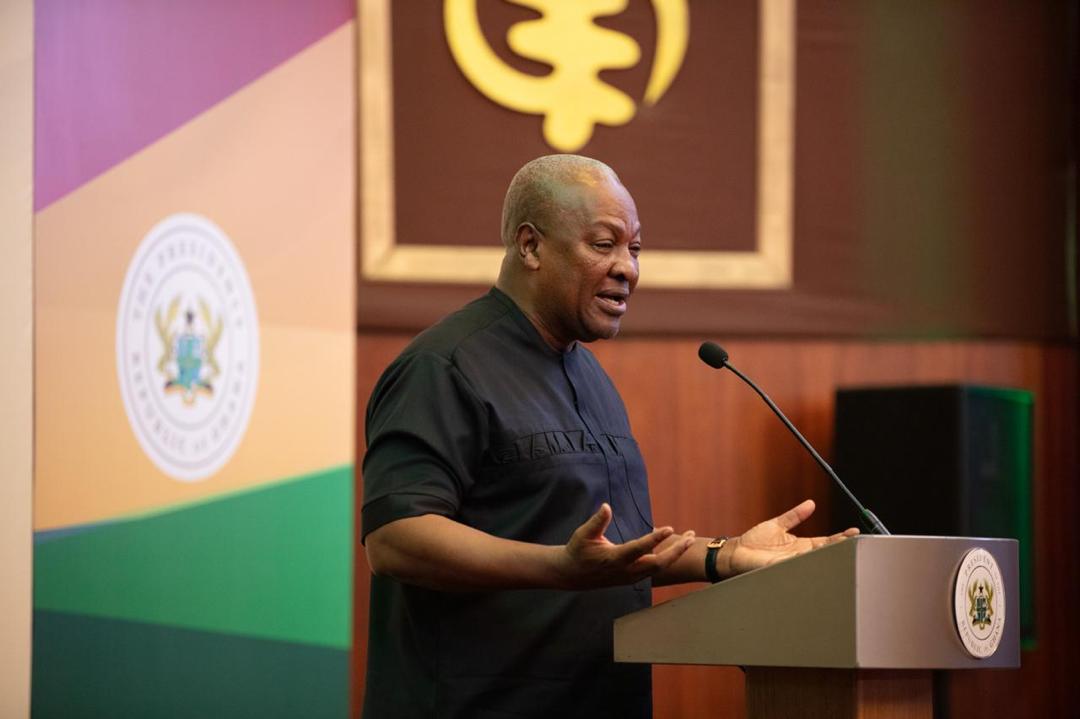The National Coordinator for the District Roads Improvement Programme (DRIP), Edwin Nii Lante Vanderpuye, has said that President John Dramani Mahama’s recent comments on illegal mining, popularly known as galamsey, unsettled many Ghanaians.
At the Presidential Media Encounter held on 10th September 2025, journalists pressed the president on whether he would declare a state of emergency in response to the severe environmental destruction caused by galamsey activities.

President Mahama, however, responded that the government had not yet exhausted all legal measures available, adding that declaring a state of emergency would be considered only as a last resort.
Speaking on Channel One TV’s Breakfast Daily on Thursday, 11th September, Vanderpuye admitted that many citizens were dissatisfied with the president’s stance.
“The only response that disappointed people was the president’s on galamsey. Many came expecting him to declare a state of emergency. But judging from media commentary and public reactions, that was the one response most people were unhappy about,” he said.
Despite acknowledging the public disappointment, Vanderpuye defended the president’s remarks as measured and thoughtful, stressing that Mahama made it clear that all legal avenues must first be explored.
“He handled it intelligently. He made it clear that a state of emergency remains an option, but only after exhausting the legal avenues available to him as head of state. And we have not yet exhausted those options—there are still many to pursue,” he explained.

Vanderpuye further emphasized that addressing illegal mining must be viewed as a gradual process rather than a one-time action.
“I never believed the fight against galamsey would be an event; it is a process. There are several interventions in place, such as the Blue Water Guards. These show that there is a plan, but the results people expect have not yet materialised,” he added.
The debate surrounding the president’s remarks highlights the mounting pressure on government to take stronger action against galamsey, which continues to devastate water bodies, farmlands, and communities across Ghana.




